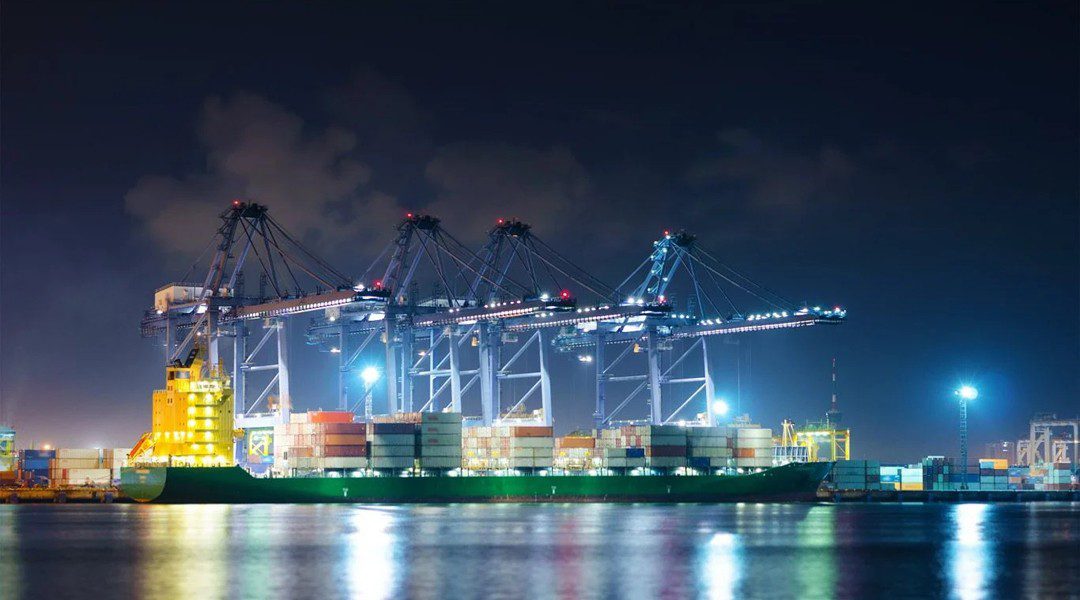The US Federal Maritime Commission has announced three new initiatives that will aim to assist US shippers and improve performance in the ocean supply chain.
The new initiatives were the result of the multi-year fact-finding investigation led by commissioner Rebecca Dye into issues in the international ocean supply chain stemming from the Covid-19 pandemic. In its final report released earlier this month the report included twelve recommendations to address the numerous concerns voiced by supply chain participants, including US importers and exporters.
The FMC said the three new initiatives would provide enhanced assistance to shippers, continue to improve legal and regulatory compliance, and focus on remedies to supply chain problems.
The initiatives include establishing new and permanent International Ocean Shipping Supply Chain Programme, re-establishing the Export Rapid Response Team, and taking steps necessary for carriers, marine terminal operators, and operating ports to employ a designated FMC Compliance Officer.
1. International Ocean Shipping Supply Chain Programme
Many of the problems and frustrations US shippers have experienced during the pandemic had been related to the unanticipated surge in cargo volumes since July 2020 that had overwhelmed the capacity of the US supply chain infrastructure.
“The need for a dedicated International Ocean Shipping Supply Chain Programme grows out of the recognition that there are longstanding, systemic problems and shortcomings in the networks and facilities serving America’s ocean commerce,” the FMC said, noting that “these legacy issues contribute to disruptions and exacerbate problems when shocks to
the system occur. The International Ocean Shipping Supply Chain Program will allow the Commission to identify where issues exist in the supply chain and offer proposals for steps that can be taken to remedy impediments to the free flow of shipments.”
The FMC report said that the programme would ideally include a dedicated office for studying the growing needs and issues in the US supply chain and propose solutions to challenges.
2. Rapid Response Team
In the past, the FMC has used rapid response teams to address and resolve emergency commercial disputes as quickly as possible. However, these programmes had depended on CEO-level participation from the carriers, which unfortunately had reduced over the years. Commissioner Dye recommended that the FMC should revive a rapid response team process that involves ocean carrier CEOs. She said that she had already obtained commitments from ocean carriers for the programme.
“U.S. export shippers have been particularly challenged by both supply chain disruptions and ocean carrier policies and practices that can sometimes make it difficult to meet deadlines to get cargoes aboard ships in a timely manner”, FMC Chairman Daniel Maffei said.
3. FMC Compliance Officer
One of two main concerns Commissioner Dye heard about from supply chain stakeholders was related to excessive demurrage and detention fees levied by ocean carriers (the other being rising shipping costs). In May 2020 the FMC issued its Interpretive Rule on Demurrage and Detention, providing guidance and clarity as to how it assessed the reasonableness of demurrage and detention practices under the Shipping Act. Central to the FMC’s interpretive rule was that detention and demurrage fees must facilitate freight fluidity.
To aid with compliance, Commissioner Dye recommended a new regulatory requirement that all ocean carriers and marine terminal operators designate a compliance officer who would reported directly to the US-based CEO and be responsible for FMC compliance.






